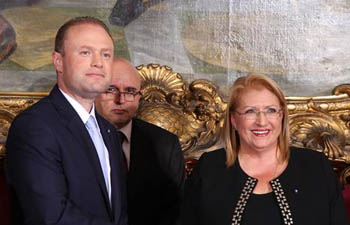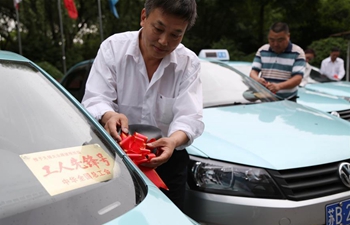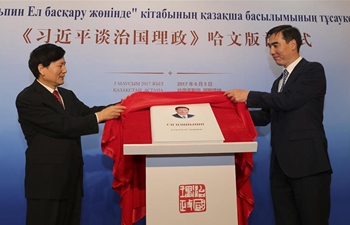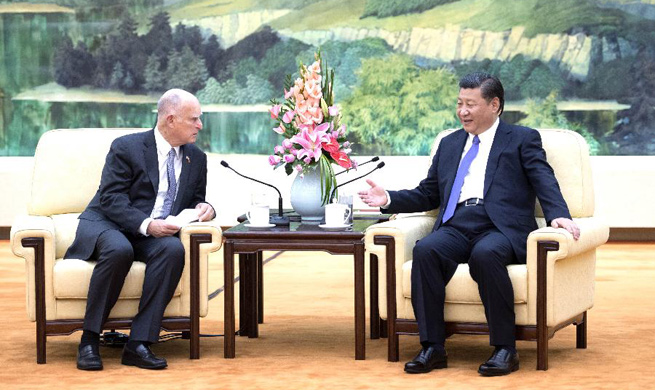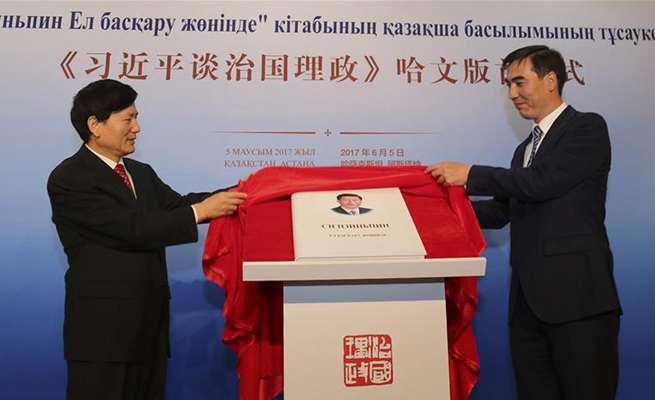by Ronald Ssekandi, Yuan Qing
KAMPALA, June 6 (Xinhua) -- U.S. President Donald Trump's decision to withdraw from the Paris climate accord must be a wake-up call for Africa to source alternative measures to mitigate climate changes effects in the face of reduced financing, an expert here has said.
Although Africa contributes little to the world's greenhouse gas emissions, it bears the brunt of the adverse effects of climate change. Already some countries like Nigeria, Somalia and South Sudan are facing a famine that is partly created as a result of climate change. Some 20 million people including those in Yemen, which is out of Africa, are at risk of starving to death, according to figures by the UN's Food and Agriculture Organization.
Sabastiano Rwengabo, a research fellow at Advocates Coalition For Development and Environment, a think tank based in Uganda, told Xinhua in an interview on Monday that as the U.S. closes the financing tap, new strategies that are not dependent on finances must be developed.
Under the Paris accords, developed countries were to contribute to a 100 billion U.S. dollar annual fund for developing countries by 2020.
The United Nation's Environment Program in its report in 2016 said the costing of adapting to climate change in developing countries could range between 140 billion dollars and 300 billion dollars per year in 2030, and between 280 billion dollars and 500 billion dollars per year in 2050.
Rwengabo argued that with competing global challenges like immigration and fighting terrorism, financing climate change adaptation and mitigation measures may dwindle.
He said governments need to encourage farmers to store some food in case they have a bumper harvest. This will be helpful in times when there is crop failure and reduced food supplies as a result of harsh climate change effects.
He urged governments to encourage farmers to irrigate their crops using the readily available technologies in a bid to avoid a possible food crisis. He said if this is not done there is likely to be continued food insecurity, climate refugees and new conflicts.
As African countries urbanize, Rwengabo argued that they should have environmental policies. He said a lot of time is wasted in traffic jams in many cities which would be spent elsewhere gainfully. He said this calls for a proper transport system which will also reduce the emissions from motor vehicles.
He said as African countries rush to industrialize, they must urge investors to use eco-friendly technologies that would reduce the greenhouse gas emissions.
"Africa should say the industries, the technology and skills you transfer here should meet the following climate change conditions. This way you don't bring in carbon emitting industries," he said.
Rwengabo argued that the world should not allow the Paris Accord to collapse noting that if the accord crumbled, the world would be doomed especially Africa, which has already started bearing the brunt of adverse climate change effects.






